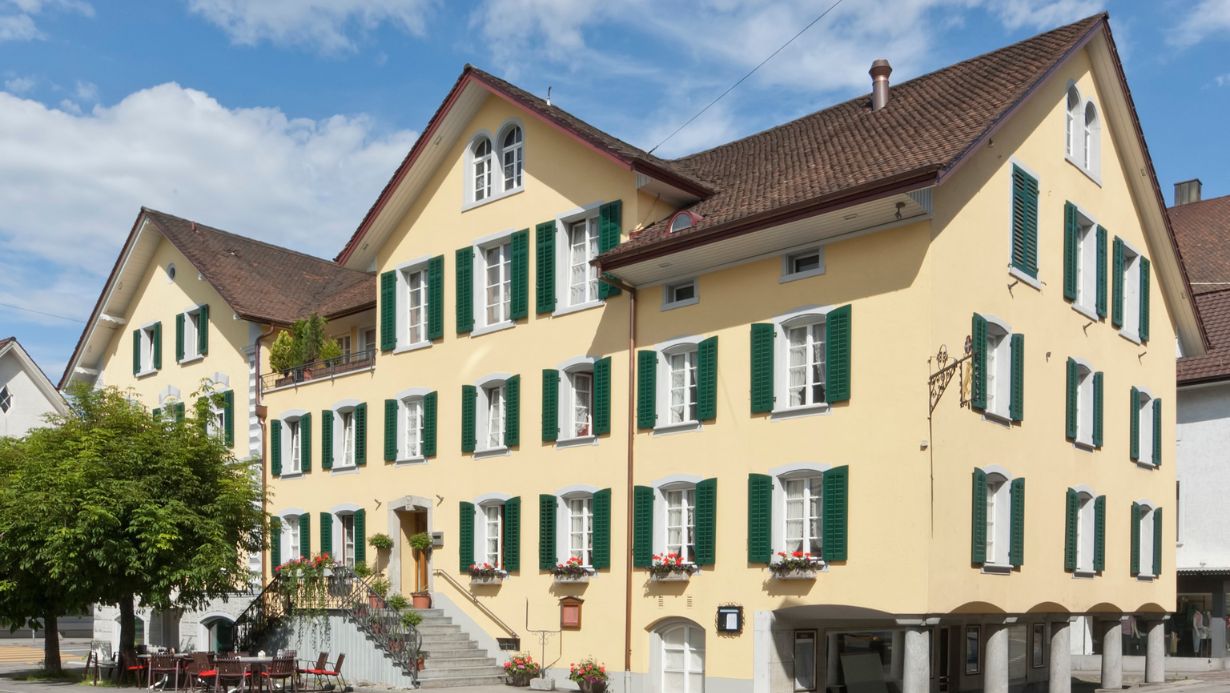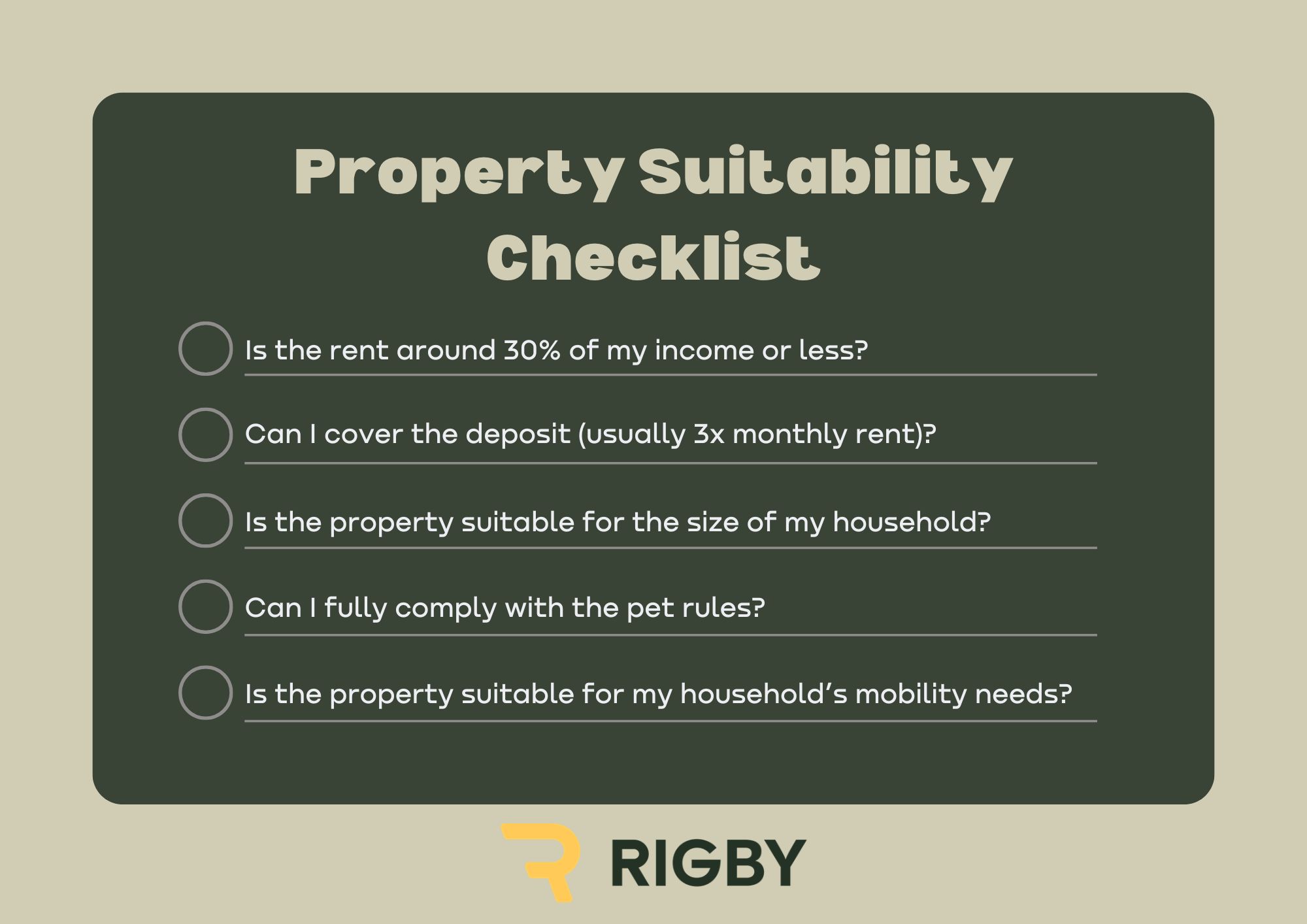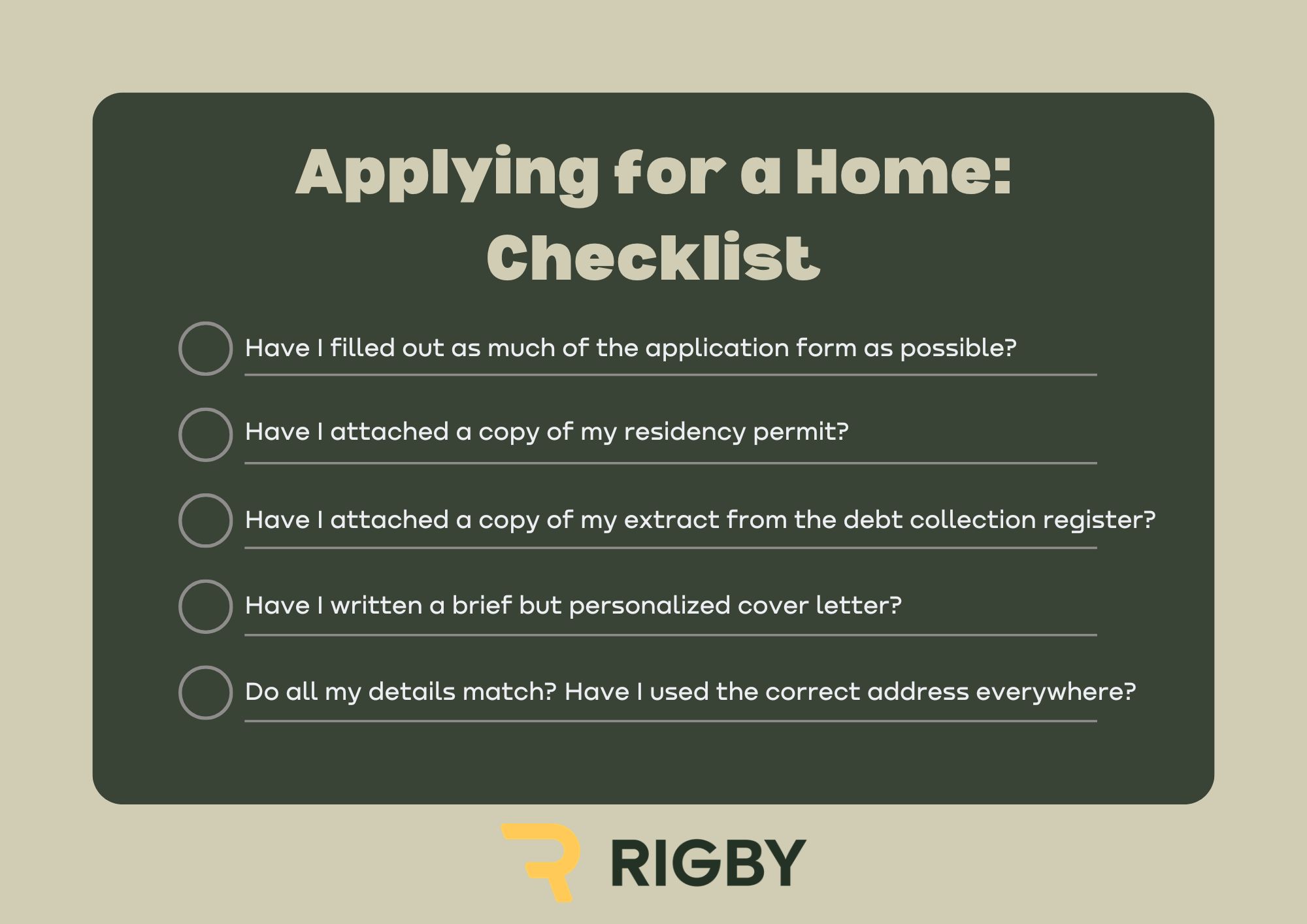Renting in Switzerland: Stand Out in Your Application in 5 Easy Steps
Renting in Switzerland is competitive. While a balanced market might have a vacancy rate of 3%, several Swiss cities have rates as low as 0.5%. As a result, there are often ten or more applicants per available property. If you want to increase your chances of being chosen by the landlord or property agency, follow these best practices.

1. Only Select Apartments That Are a Good Fit
If you’re worried about the housing shortage, you may be tempted to apply for as many apartments as possible. However, it’s worth being selective and only viewing and submitting applications for properties that could be a good fit. Applying for homes you’re not eligible for wastes your time and can make a bad impression on landlords and agencies, who might have other, more suitable properties available.
Affordability
You typically need to prove that the rent is less than one-third of your income. Only consider properties that cost about 30% of your income or less, as you’ll be much more likely to qualify for them. Additionally, you may have to put down three months’ rent as a deposit. Budget for this, and have the money available before you start looking for a home.
Occupancy
It’s worth checking in advance whether there are any occupancy rules. In some densely populated areas like Zurich, the minimum occupancy is often the number of full rooms minus one. For example, a 4.5-room (three-bedroom) apartment would have to be occupied by at least three people (four minus one).
There may also be maximum occupancy guidelines. The rule could be the number of rooms times two minus one. For the same 4.5-room apartment, this would mean a maximum occupancy of seven people (four times two minus one).
Pets
Some buildings have rules about pet ownership. Check the listing to see if there’s any information about which kinds and how many pets are allowed. Don’t apply for a property if you know you can’t comply with the pet rules.
Accessibility
If you have any accessibility or mobility issues, check that the property is suitable for you. For example, if the apartment is on the third floor and there is no lift, you must be able to climb stairs.

2. Personalize Your Initial Message
Once you’ve identified a suitable apartment, it’s time to send the landlord or agency an initial message. Here are some guidelines:
-
If you’re applying through a property portal, don’t just send the standard message. Send a personalized note with one or two details about you and why you think this property is a great fit.
-
Landlords and agents are likely receiving dozens of messages, so don’t write too much. Make your message short and sweet. You can add more details during your formal application.
-
Format your message appropriately. Start with a friendly greeting and end with your full name. Use correct punctuation and spelling.
-
If possible, use the target language.
-
Address the landlord or agent formally (Sie, vous).
-
When sending your message from your personal email, make sure your email address is appropriate. Landlords are less likely to reply favourably if your email hints at illegal or antisocial behaviour (e.g. “rowdypartygirl@youremail.ch”).
3. Prepare All Your Documents in Advance
Sometimes, you can fill out an application form during the viewing. At other times, you can pick up a form and fill it out once you get home. However, you can only successfully complete your application if you have all your documents ready. The most important ones are your residency permit and the extract from the debt enforcement register. Because the latter can take a week or so to arrive, it makes sense to order it before you start applying for properties. That way, you can be one of the first to submit your application form after the viewing, which could increase your chances of success. Additionally, being organised may make a good impression on the landlord or agency.
4. Make a Good Impression During the Viewing
Treat renting in Switzerland like applying for a job, especially if you’re hoping to get an apartment in a sought-after area. Show up on time, and make sure you are neat and dressed appropriately. Formal clothing isn’t necessary but avoid attending in overly casual clothes such as activewear or a tracksuit.
Avoid any behaviour that could be considered pushy or even illegal. Although bringing a small gift seems like a nice gesture, this could be perceived as bribery by the landlord or agent.
5. Send a Complete Application
You should aim to submit your application ASAP, but completeness is more important than speed. Include all the relevant documents and information, and check that all your details match. For example, the address listed on your permit should be the same as the address on your application form.
If you have any debts, explain them briefly and provide a guarantor if possible. Provide several references, but let them know first. It could make a bad impression if the landlord or agent calls your references, and they aren’t aware that you have provided their details.
Finally, make sure you are easily contactable. If the agent or landlord can’t reach you, they may move on to the next applicant.

Should I Write a Cover Letter?
Sometimes, people submit a cover letter with the application form, so the landlord can learn more about them. Although this isn’t mandatory, it can add a friendly and personal touch to your application. Things you might want to include are:
- Your connection to the area: Do you want to move there because it’s close to your workplace? Do you enjoy something particular about the area?
- Why you chose this property
- How long you’d like to stay: Include this only if you plan to stay long-term, i.e. more than two years
- Some basics about you and your lifestyle
- A photo
Keep the letter brief. Usually, one A4 page is enough. However, you can also include additional documents, such as written references and your salary statement, if you believe they would strengthen your application.
Bonus Tips for Renting in Switzerland
Renting in Switzerland may be difficult if you’re not in the country yet. Most landlords and agents prefer to rent to someone they have already met at an in-person viewing. If you still live abroad but would like to move to Switzerland in the next months, it might make sense to visit for a few weeks and schedule several property viewings.
If you’re looking for an apartment in a highly competitive area, try to find someone who wants to terminate their lease early. They can only do this if they find a suitable replacement. As they may want to move quickly, they are likely to put your name forward, as long as you meet all the formal criteria.
Although renting in Switzerland can be challenging, you can increase your odds of finding a suitable home by following best practices and being organised ahead of time. Sign up for our Rigby AG newsletter to access our comprehensive Living in Switzerland ebook.